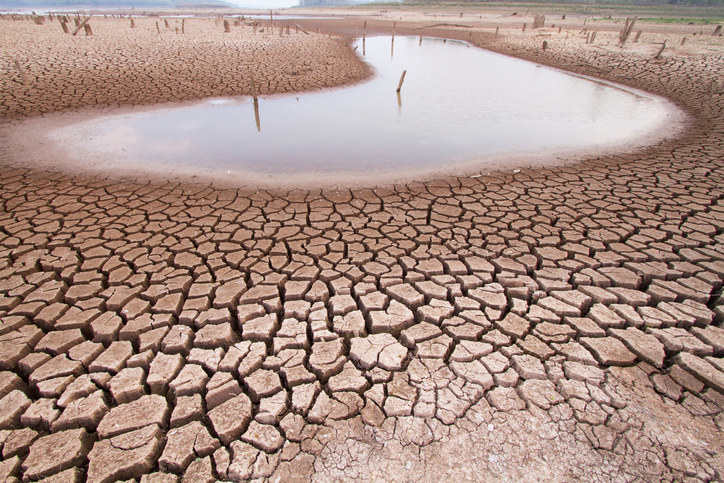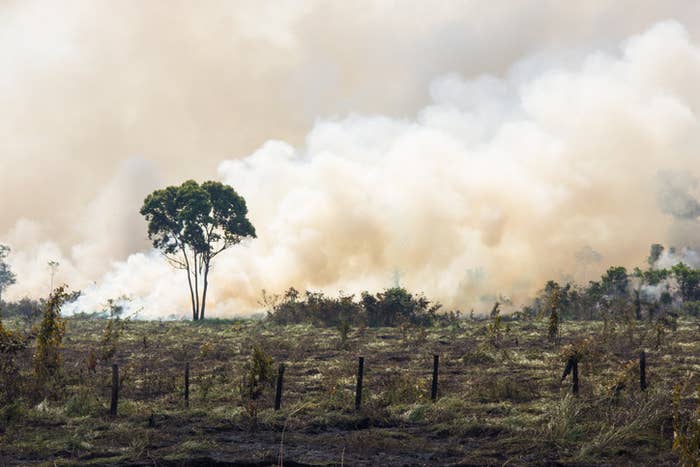
1. The IPCC Report Provided The World With Some Dire Warnings
In October, the Intergovernmental Panel on Climate Change (IPCC), a UN body dedicated to reporting climate change science to the world, released its Fifth Assessment Report.
The report warned global leaders that capping global warming to 1.5C above pre-industrial temperatures would require unprecedented changes and a reduction in global greenhouse gas emissions to zero by 2050.
The IPCC report outlined the stark differences between a 1.5C rise in global surface temperature and a 2C rise in global impact in terms of droughts, flooding, sea level rise, species extinction, famine and extreme weather events.
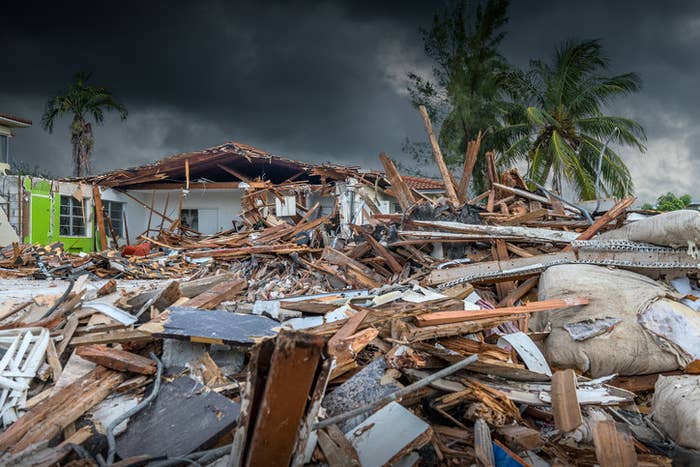
2. Climate Change Is Going To Have Huge Effects On Human Health
The medical journal The Lancet has been tracking the impact of climate change on health since 2015 through its Countdown project.
The 2018 report outlined how medical professionals around the world are increasingly being forced to respond to challenges directly related to climate change.
The authors detail how rapidly changing global temperatures are increasing heatwaves, infectious diseases and risk of declining food security.
The report states that as the planet continues to heat up, 51% of cities internationally will lose the security of their public health infrastructure.
The Countdown 2018 report also notes that air pollution from coal fired power plants contributes to 460,000 deaths each year.
3. The UN Emissions Gap Report Told Us That Nations Are Not Slowing Greenhouse Gas Emissions As Much As They Need To
The annual report released by UN Environment investigates global trends of greenhouse gas emissions and compares these to rates that the world should be abiding by to avoid the worst consequences of climate change.
The emissions gap is calculated by comparing each nation's commitments to lowering greenhouse gas emissions against a projection of their emissions trends.
The 2018 emissions gap has grown compared to previous reports and the authors of the report stated that in order to limit global warming to 1.5C above pre-industrial temperatures, total global emissions must be more than halved.
The report also stated that only six of the world's 20 largest economies are on track to achieve their Paris Climate Agreement commitments to reduce greenhouse gas emissions.
Those not on track include Argentina, Australia, Canada, the European Union, Korea, Saudi Arabia, South Africa and the United States.
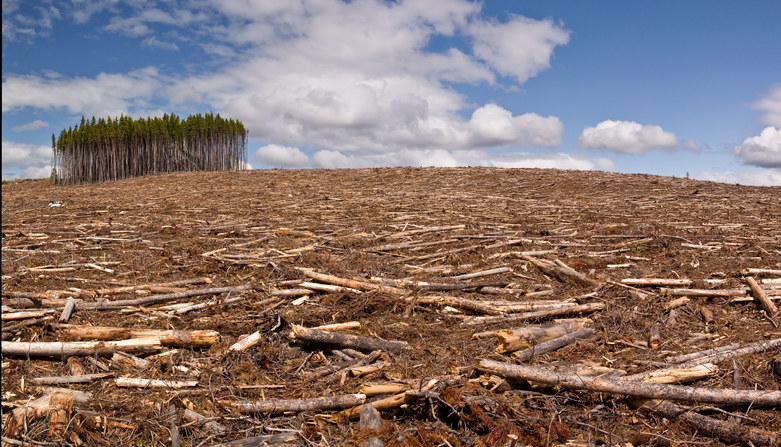
4. 60 Countries Were Officially Ranked On Their Performance For Slowing Climate Change
The Climate Change Performance Index (CCPI) for 2019 was released in December.
The report rates countries on their adherence to cutting down greenhouse gas emissions, using renewable energy sources, overall energy use and development of climate policy.
Sweden, Morocco, Lithuania, Latvia and the United Kingdom were ranked as the top five countries.
As has become tradition with the CCPI, however, the top three positions were left vacant to signify that no nation has truly achieved an optimal attitude towards climate change action.
The bottom five countries were Taipei, Korea, Iran, the United States and Saudi Arabia.
5. A Report Found That 2017's Hurricane Harvey Was Made Worse By Climate Change
Hurricane Harvey hit in 2017 and it was the first major hurricane to make landfall in the United States in 12 years.
Harvey was the first in a series of destructive storms that struck the Caribbean and southern United States in the 2017 storm season, causing some US$125 billion in damage.
An estimated 13 million people were affected by the storm and 88 were killed.
A study published in May of this year, led by Dr Kevin E. Trenberth from the National Center for Atmospheric Research in the US, directly linked Harvey's destructive power to higher ocean heat content and sea surface temperature caused by climate change.
The report states that Harvey could not have caused so much flooding "without human-induced climate change" and that vulnerable areas must prepare for "supercharged hurricanes" with contingency plans such as evacuation routes and power cuts.
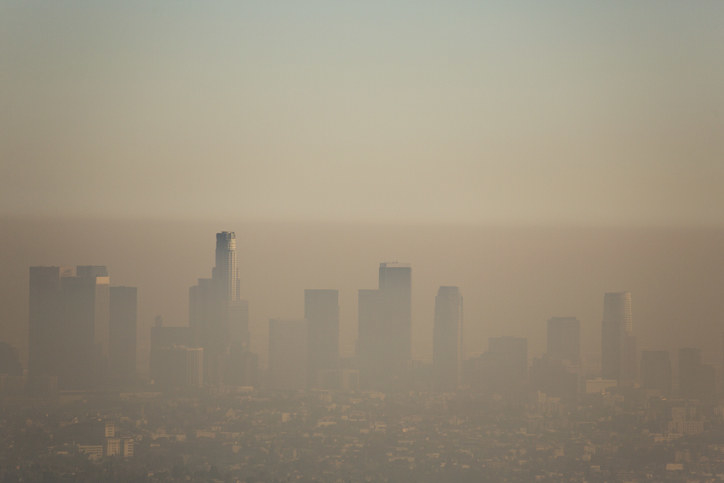
6. Storm Categories Need To Upgrade To A Category 6, According To A NASA Researcher
Timothy Hall, a senior scientist at the NASA Goddard Institute for Space Studies, proposed that the Saffir-Simpson categorisation of storms, which currently ranges from category 1 to category 5, needs to expand to include category 6 storms.
This suggestion was supported by a number of climate scientists who agreed that hurricane strength and rains will be increased in a warmer climate.
A category 5 storm includes storms with winds of 157 miles per hour (252 kilometres per hour) or more but Hall stated that storms with wind speeds of 230 miles per hour (370 kilometres per hour) could occur by the end of the century.
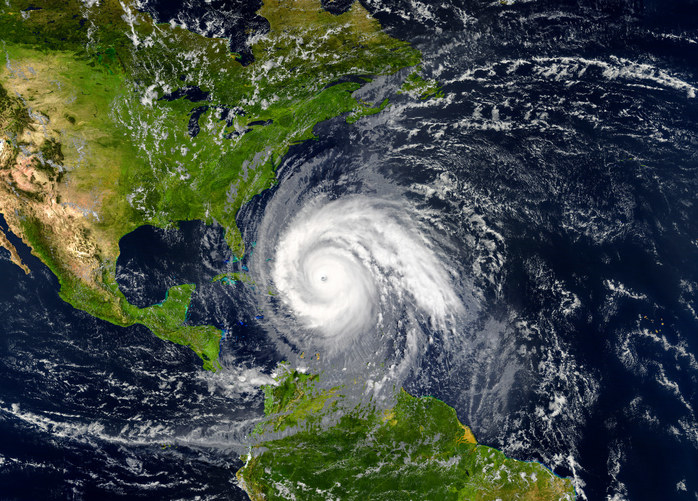
7. Humans Are Using The Earth's Resources Much Faster Than The Earth Can Keep Up With
Earth Overshoot Day is calculated by the Global Footprint Network and provides a date every year by which humanity has consumed resources and emitted carbon at a pace that the Earth can renew over the course of a year.
In 2018, the date was the earliest ever estimated: August 1.
In 1970 the date was calculated to be in late December and by 1988 it was Oct. 15.
The report stated that overfishing, overharvesting forests and emitting more carbon dioxide than the Earth's ecosystems can absorb equates to using 1.7 Earths over the course of one year.
8. The Future Of Coral Reefs Isn't Looking Great
Research in 2018 has some grim predictions for the world's coral reefs.
The IPCC report stated that if the global surface temperature is permitted to rise by 2C, 99% of coral reefs will die.
If the global surface temperature is capped to 1.5C, the planet will still lose 70-90% of its reefs.
An assessment of sea-level rise published in Nature in June described how rising oceans will overwhelm coral reefs, and coral populations' ability to build reefs will fail to keep up with the water increase.
The Nature report also noted that coral reefs act as natural breakwaters to protect shores from storms, and the loss of these ocean barriers could prove to be devastating for island nations.
In August, a report published in National Geographic outlined how half of the Great Barrier Reef, the world's largest living thing, has died since 2016.
In November the chair of the Coral Specialist Group in the International Union for the Conservation of Nature, said that children born today may be "the last generation to see coral reefs in all their glory".
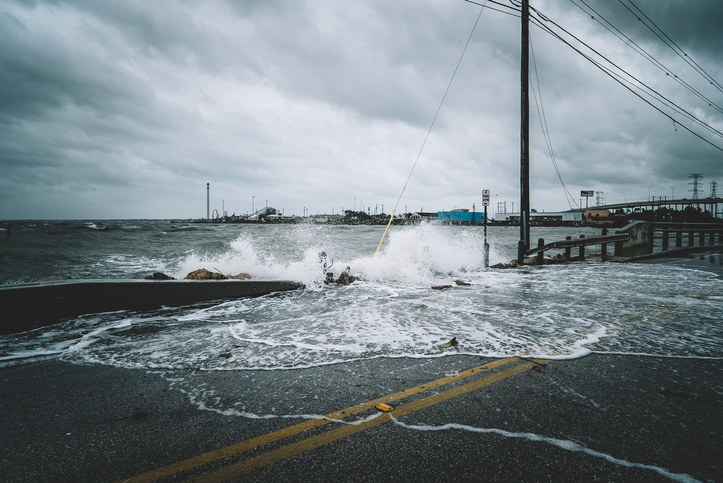
9. Global Carbon Emissions Reached A Record High This Year
Research conducted by the Global Carbon Project, launched in a series of three reports at the UN Climate summit in Poland in December, found that global carbon emissions will reach the highest level on record.
Carbon emissions in 2018 are up by 4.7% in China, 2.% in the US and 6.3% in India.
The reports stated that a growing number of cars on the roads and increasing reliance on coal are responsible for the trend.
10. The World Is Heating Up
The UN's World Meteorological Association released a statement in December that 2018 is set to be the fourth warmest year on record.
The State of the Global Climate statement noted that 2015, 2016 and 2017 are the other warmest years recorded by the association, with 2016 taking out the top spot.
The four-year period leading up to 2018 showed a 0.9C rise in global surface temperature rise from pre-industrial temperatures.
The authors also stated that if the El Niño conditions seen in 2018 continue, which is likely by a 75 to 80% chance, 2019 is going to be warmer than 2018.
